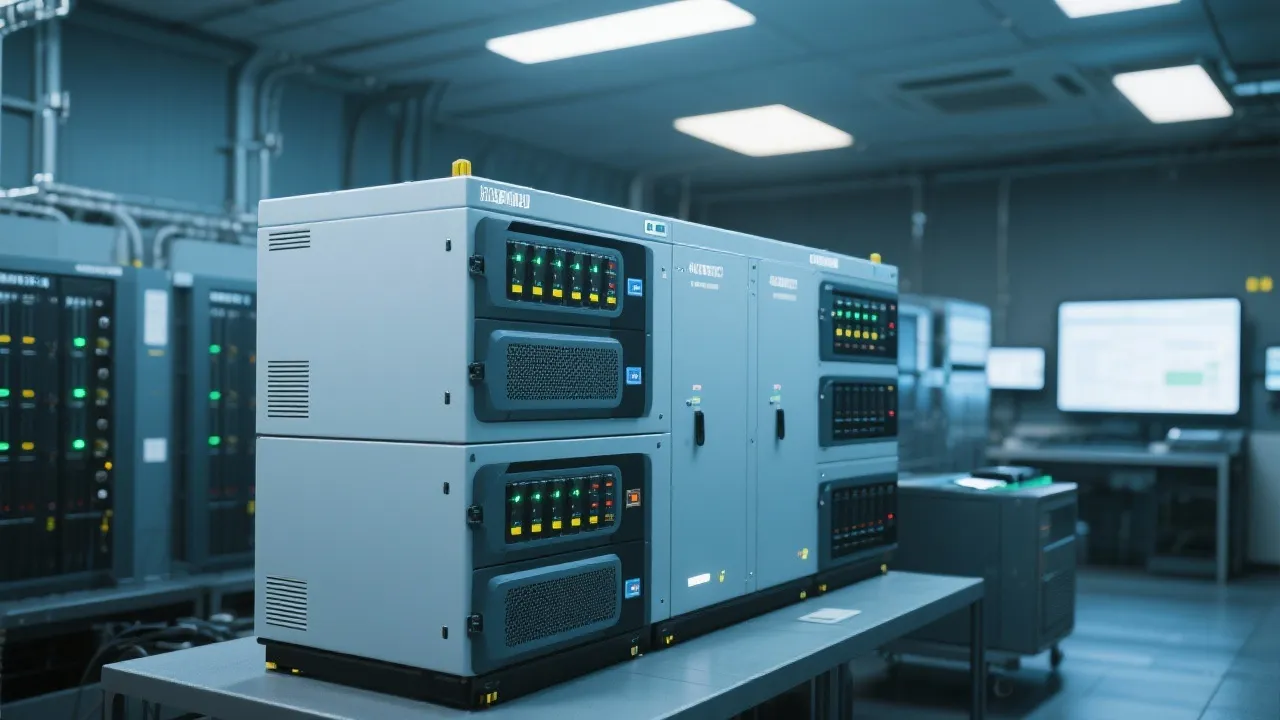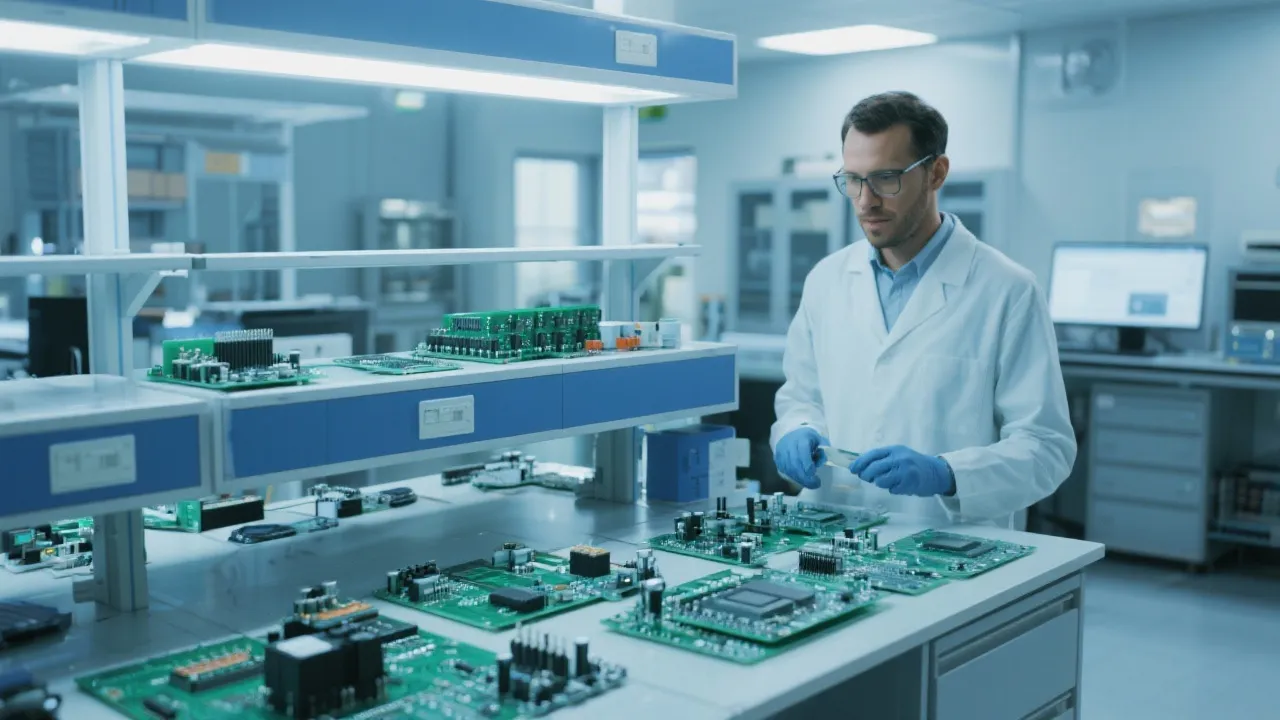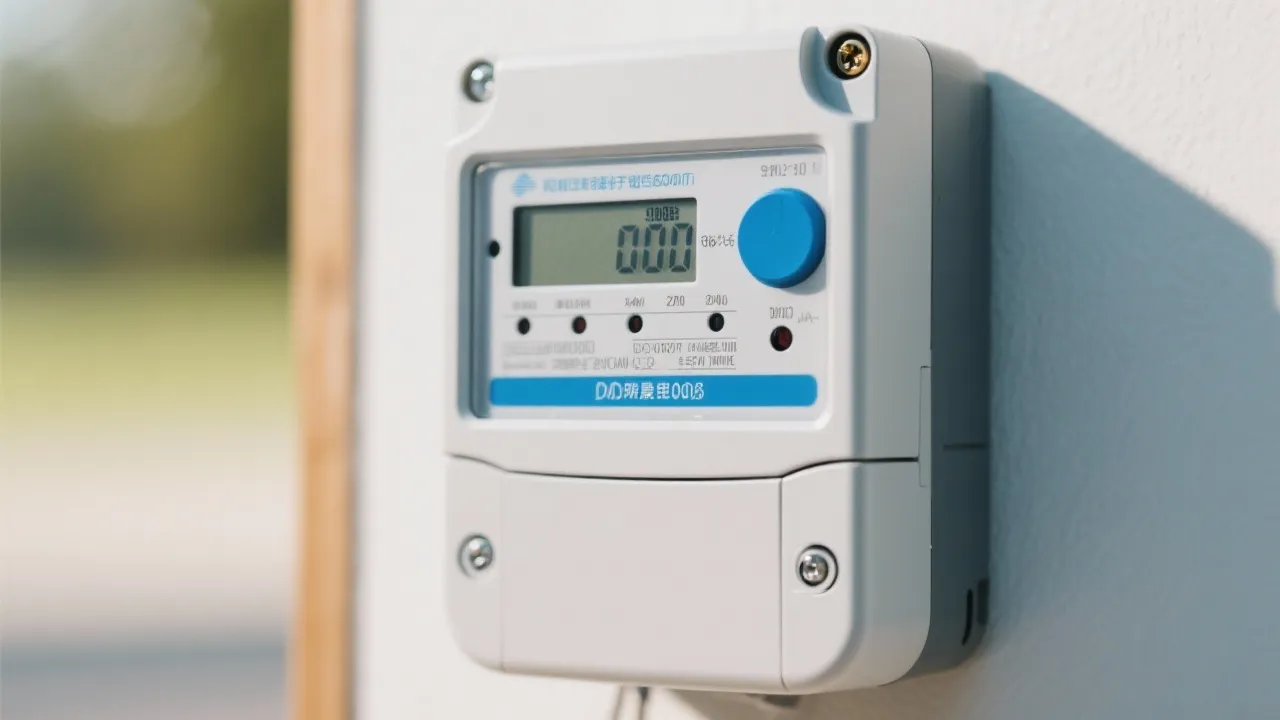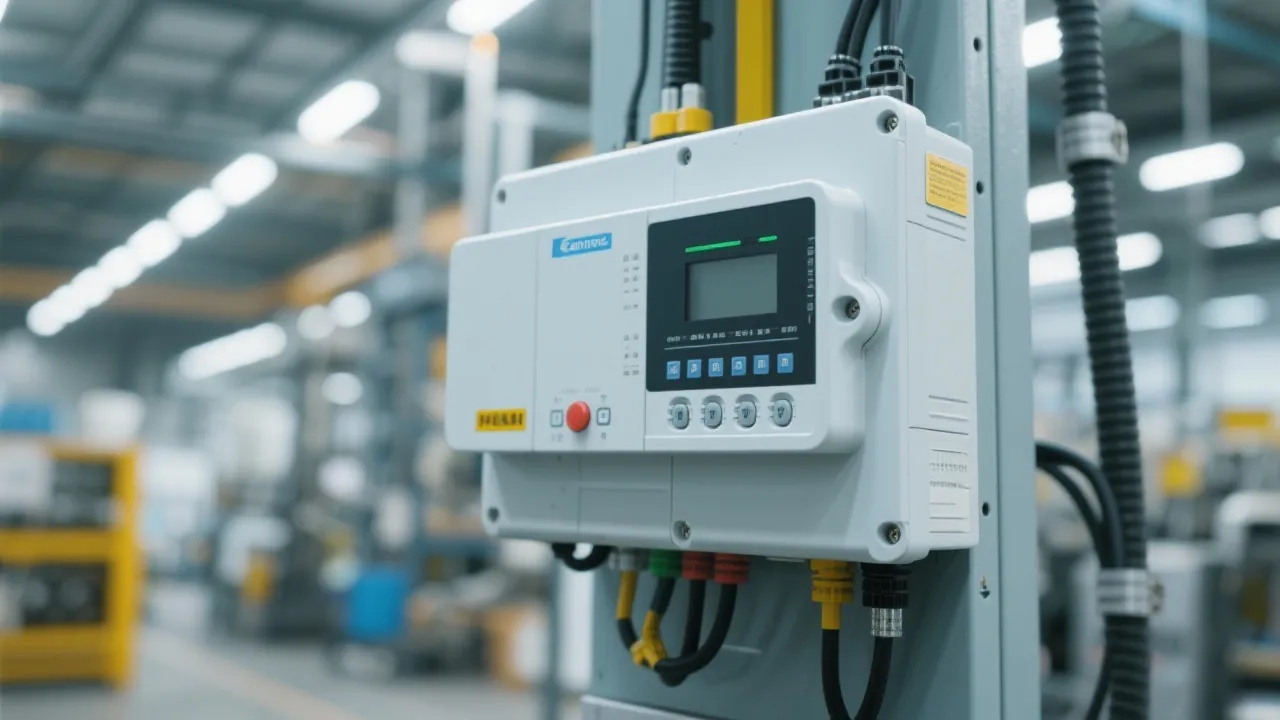Understanding the GCMS TQ8050 System
The GCMS TQ8050 is a state-of-the-art analytical instrument designed for precise gas chromatography-mass spectrometry applications. This article explores its advanced features, benefits, and application across various industries. We'll delve into how this system enhances analytical accuracy and efficiency, serving as a crucial tool for laboratories worldwide.
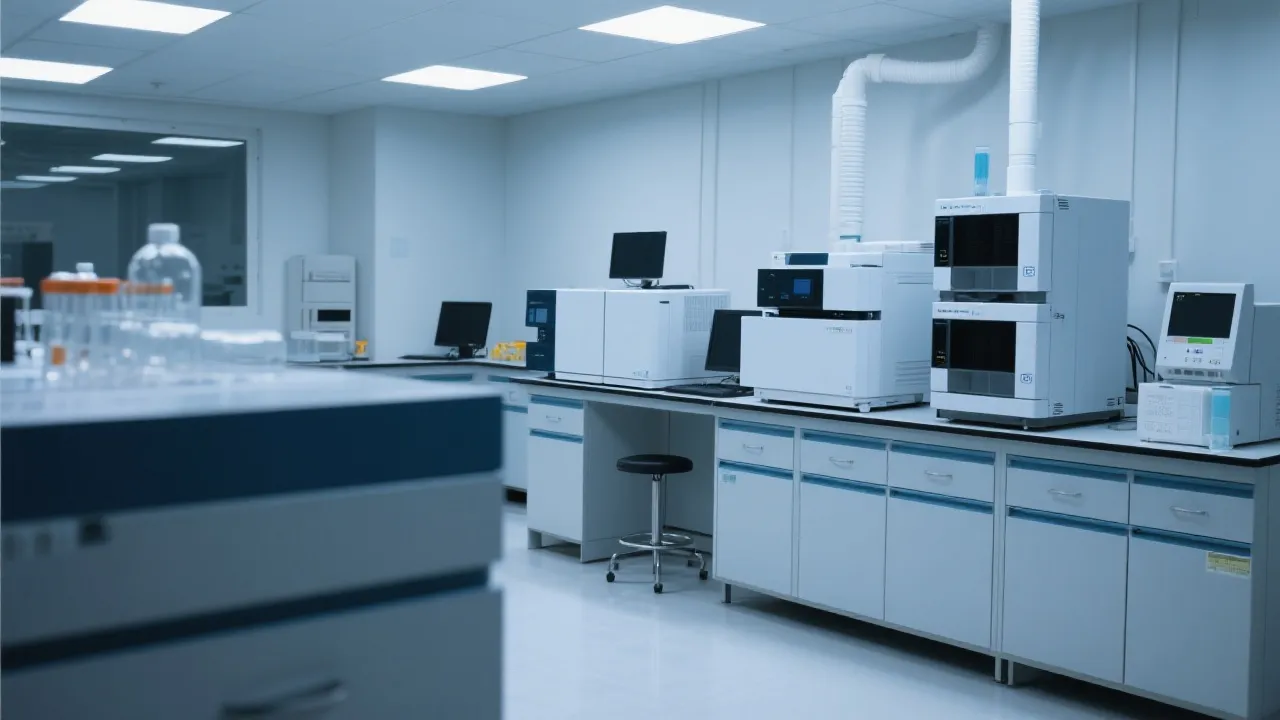
Introduction to GCMS TQ8050
The GCMS TQ8050 is an advanced analytical instrument that combines gas chromatography (GC) and triple quadrupole mass spectrometry (MS), providing unparalleled sensitivity and specificity in chemical analysis. As a trusted tool for laboratories, it is ideal for conducting exhaustive and detailed compound analyses, enhancing both precision and reliability in research and industrial applications. In a landscape where regulatory compliance and data integrity are crucial, the GCMS TQ8050 serves as a benchmark in the field of analytical chemistry.
Key Features of the GCMS TQ8050
The GCMS TQ8050 is renowned for its high sensitivity, allowing it to detect even trace amounts of compounds, which is critical for environmental monitoring and safety testing. With its triple quadrupole technology, it minimizes interference and maximizes the accuracy of results—critical factors in delivering reliable data. Its exemplary mass resolution ensures that even closely eluting compounds can be resolved without difficult matrix effects influencing the outcome. The system is also exceptionally user-friendly, with intuitive software that simplifies complex analytical processes, significantly shortening the learning curve for new users.
Advanced Technical Capabilities
In addition to its high sensitivity, the GCMS TQ8050 features innovative technologies that enhance its performance. It employs Smart MRM™ (Multiple Reaction Monitoring) technology, which optimizes method development by automatically adjusting and selecting the most suitable acquisition parameters. This minimizes manual setup time and enhances the accuracy and reproducibility of results. Furthermore, the instrument’s high-speed scan capabilities facilitate dynamic range analysis, meaning that it can efficiently analyze samples with a wide concentration range, from low parts-per-trillion to high percent concentrations in the same run.
Benefits of Using the GCMS TQ8050
The implementation of the GCMS TQ8050 in laboratories carries numerous benefits, significantly impacting efficiency, accuracy, and cost. Its high-throughput analysis capabilities allow laboratories to process multiple samples quickly, reducing the backlog and increasing productivity. The system’s enhanced data handling features contribute to faster decision-making processes, essential in environments such as emergency response scenarios. The GCMS TQ8050 also aids in reducing operational costs through increased efficiency, allowing labs to fulfill more stringent deadlines without sacrificing quality. Its robust construction and exceptional reliability mean lower maintenance costs, making it a sound investment for any laboratory.
Comparison of Key Features in GCMS TQ8050
| Feature | GCMS TQ8050 |
|---|---|
| Sensitivity | High sensitivity to detect trace-level compounds down to the femtogram range. |
| Technology | Triple quadrupole technology for precise analysis with Smart MRM™ capabilities. |
| Usability | User-friendly software and interface with comprehensive data analysis tools. |
| Applications | Pharmaceutical, environmental, forensic, food safety, and toxicology. |
Applications Across Industries
The GCMS TQ8050 is versatile, catering to a range of applications across various industries. In pharmaceuticals, it ensures compound purity and stability, critical for the development of safe and effective medications. Laboratories performing stability studies and quality control often find the GCMS TQ8050 invaluable for detecting impurities and degradation products. Environmental scientists utilize it to monitor pollutants, analyze air and water samples, and ensure compliance with regulations such as the Clean Water Act and the Clean Air Act. Its high sensitivity is crucial in identifying trace levels of hazardous substances that could have significant health and environmental ramifications.
Forensic labs depend on the device for accurate drug and toxin detection, crucial for legal investigations. The ability to analyze biological fluids such as urine and blood makes it an essential tool for toxicology studies, particularly in cases involving drug overdoses or poisonings. Additionally, the GCMS TQ8050 is increasingly being used in the food industry to monitor contaminants, pesticides, and additives, ensuring food safety and compliance with health regulations. This broad applicability of the GCMS TQ8050 demonstrates its importance across various sectors, making it a go-to instrument for researchers and professionals.
Regulatory Compliance and Quality Assurance
One of the primary concerns across industries that utilize the GCMS TQ8050 is compliance with regulatory standards. The instrument is designed to meet and often exceed the guidelines set by organizations such as the Environmental Protection Agency (EPA), Food and Drug Administration (FDA), and various international organizations for Standardization (ISO). This means laboratories can operate with confidence, knowing their data will support regulatory submissions and withstand scrutiny during audits.
Moreover, the software of the GCMS TQ8050 includes functionalities that ensure data integrity, such as electronic signatures, audit trails, and data archiving capabilities. These features facilitate GxP compliance (Good Practice guidelines) that are essential in regulated environments. Laboratories can generate reports that comply with regulatory expectations, which is particularly important for studies that may impact public health, safety, and environmental conservation.
Maintenance and Support for GCMS TQ8050
Maintaining the GCMS TQ8050 in optimal working condition is vital for ensuring longevity and sustained performance. Routine maintenance, including source cleaning, vacuum system checks, and software updates, is crucial. The manufacturer offers comprehensive support services, including training for staff to ensure they are familiarized with both the hardware and software components.
Additionally, many laboratories choose to implement preventive maintenance contracts, which include regular inspections and servicing by qualified professionals. This commitment to maintenance reduces unexpected downtime and keeps the equipment running smoothly, ensuring that laboratories can maintain their testing schedules without interruption.
FAQs
- What makes the GCMS TQ8050 stand out from other models? The integration of triple quadrupole technology and high sensitivity gives it an edge in delivering precise and reliable results, alongside advanced features like Smart MRM™.
- Is the system suitable for high-throughput environments? Yes, the software and automation capabilities of the GCMS TQ8050 make it ideal for environments requiring high-throughput analysis, capable of processing dozens of samples efficiently.
- Can the GCMS TQ8050 be used in compliance with environmental regulations? Absolutely, its sensitivity and specificity are consistent with the requirements for environmental monitoring and compliance testing as outlined by notable regulatory bodies.
- What industries benefit the most from the GCMS TQ8050? Key industries include pharmaceuticals, environmental science, forensics, food safety, and toxicology, where detailed chemical analysis is essential for compliance and safety.
- What type of samples can the GCMS TQ8050 analyze? The instrument can analyze a variety of samples, including environmental samples, biological fluids, food products, and pharmaceuticals, making it versatile across applications.
- How does the GCMS TQ8050 handle complex matrices? The advanced software algorithms assist in the deconvolution of overlapping signals in complex matrices, maximizing quantification accuracy even in challenging sample types.
Real-World Case Studies
Case Study 1: Pharmaceutical Drug Development
A pharmaceutical company used the GCMS TQ8050 to analyze the impurities in a new antihypertensive drug formulation. The instrument's high sensitivity enabled the detection of trace level impurities that could be missed by conventional methods. This data was crucial in ensuring that the drug met safety and efficacy standards before undergoing clinical trials.
Case Study 2: Environmental Monitoring
An environmental agency deployed the GCMS TQ8050 to assess water quality in a river affected by industrial runoff. The ability of the instrument to detect and quantify pollutants at part-per-trillion levels allowed for effective monitoring and demonstrated compliance with environmental protection regulations. The data collected was instrumental in negotiating remediation efforts with the responsible parties.
Case Study 3: Forensic Analysis
A forensic laboratory utilized the GCMS TQ8050 to identify unknown substances in a drug-related case. The rapid turnaround time and accuracy of the analyses provided crucial evidence in a court case involving multiple defendants. The results not only assisted in the legal proceedings but also contributed to public safety efforts by identifying new emerging drugs.
Training and Implementation
Effective training and implementation strategies for the GCMS TQ8050 are crucial to maximize its potential in a laboratory setting. Manufacturers often provide comprehensive training programs that cover the operation of the instrument, software navigation, and data analysis techniques. Keeping personnel well-informed ensures that the laboratory can fully leverage the capabilities of the GCMS TQ8050.
In addition to initial training, ongoing education through workshops and webinars can help staff stay updated on the latest advancements in technology and methodologies related to gas chromatography and mass spectrometry. Laboratories might also benefit from establishing a protocol for regular internal training sessions that can help junior staff learn from senior technicians, ensuring knowledge transfer and operational consistency.
Future Developments in GCMS Technology
The field of mass spectrometry is constantly evolving, with innovations aimed at enhancing sensitivity, throughput, and user experience. Future developments in GCMS technology may include improved ionization techniques for better analyte detection, software enhancements for sophisticated data analysis, and even more compact designs without compromising performance. These advancements promise to broaden the applications of GCMS systems in emerging fields such as metabolomics and proteomics, where detailed molecular analysis is essential.
Moreover, as laboratories seek greater automation and integration of systems, features such as automated sample handling and integration with laboratory information management systems (LIMS) will likely play an increasingly important role. This would facilitate the end-to-end processing of samples from analysis to reporting, streamlining laboratory operations and enhancing data management efficiency.
Conclusion
The GCMS TQ8050 is a pivotal tool in modern analytical chemistry, enhancing capability and efficiency across multiple disciplines. Its advanced features, such as high sensitivity, Smart MRM™ technology, and a user-friendly interface, position it as an industry leader, ensuring that laboratories remain at the forefront of innovation and accuracy. Whether for environmental testing, pharmaceutical research, or forensic investigation, the GCMS TQ8050 is the system of choice for professionals worldwide. As analytical demands continue to grow, the GCMS TQ8050 will adapt, setting the stage for the future of chemical analysis and its applications across various industries.






